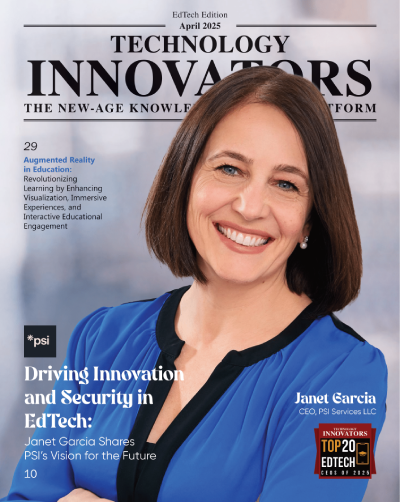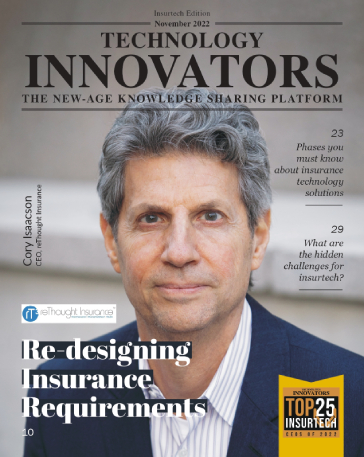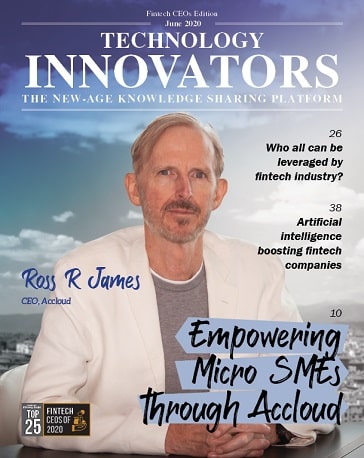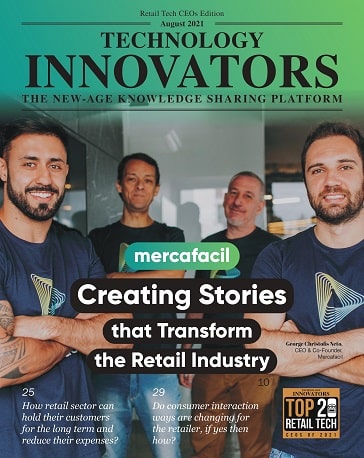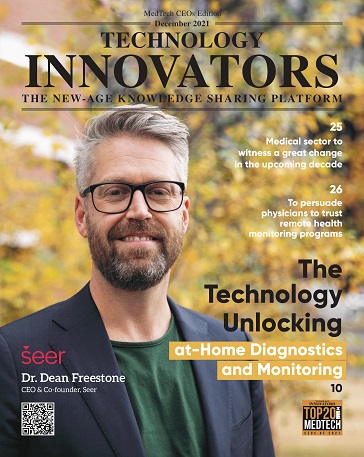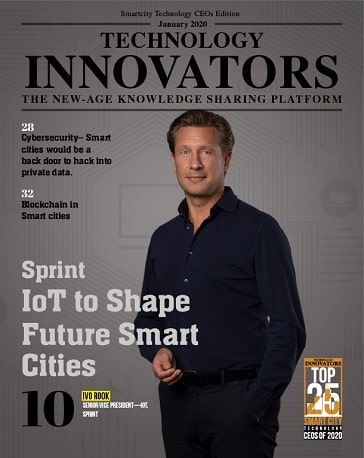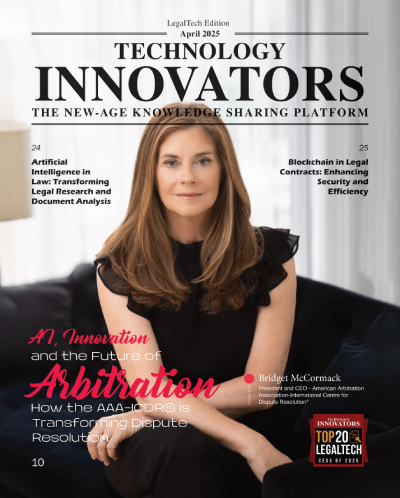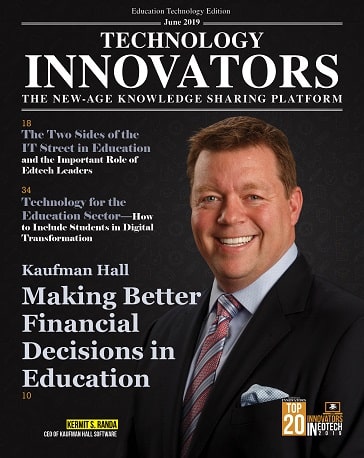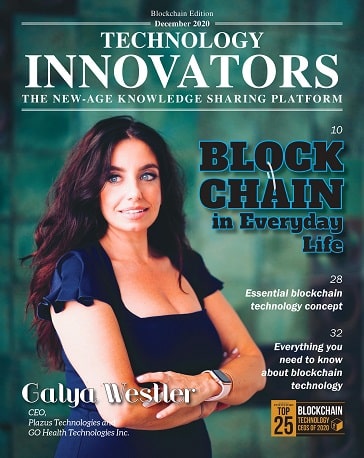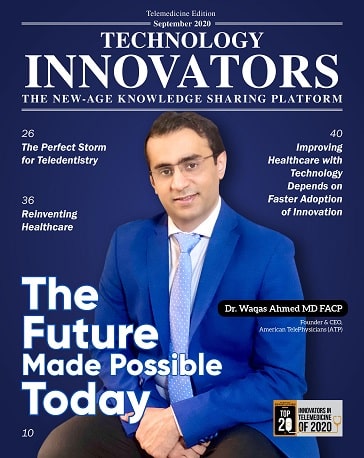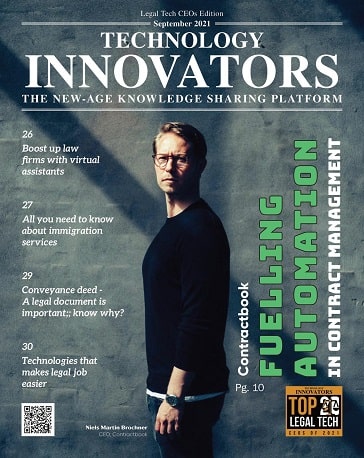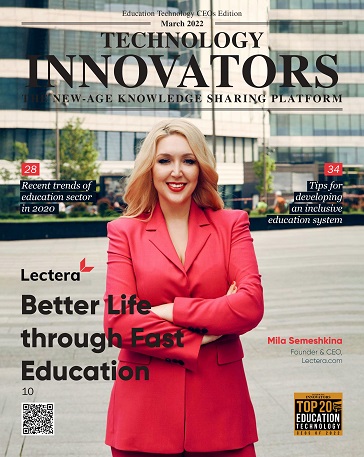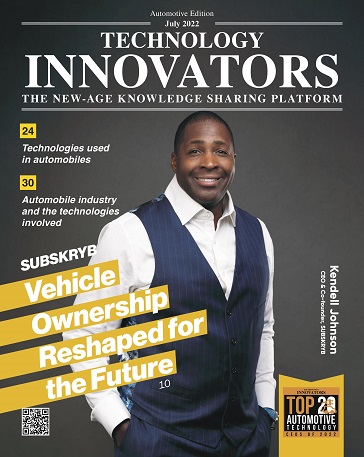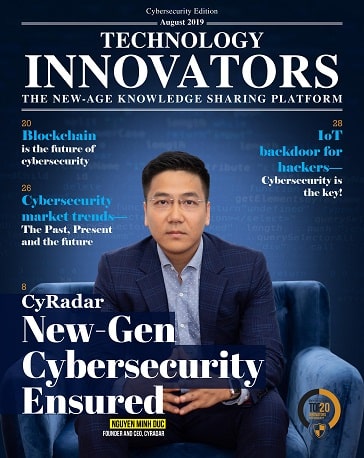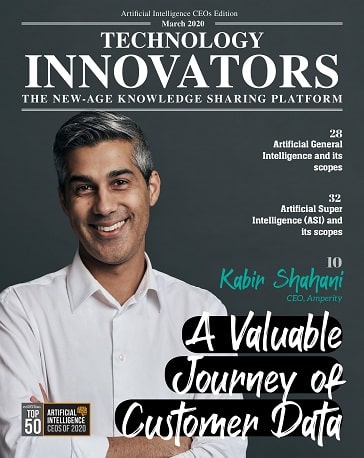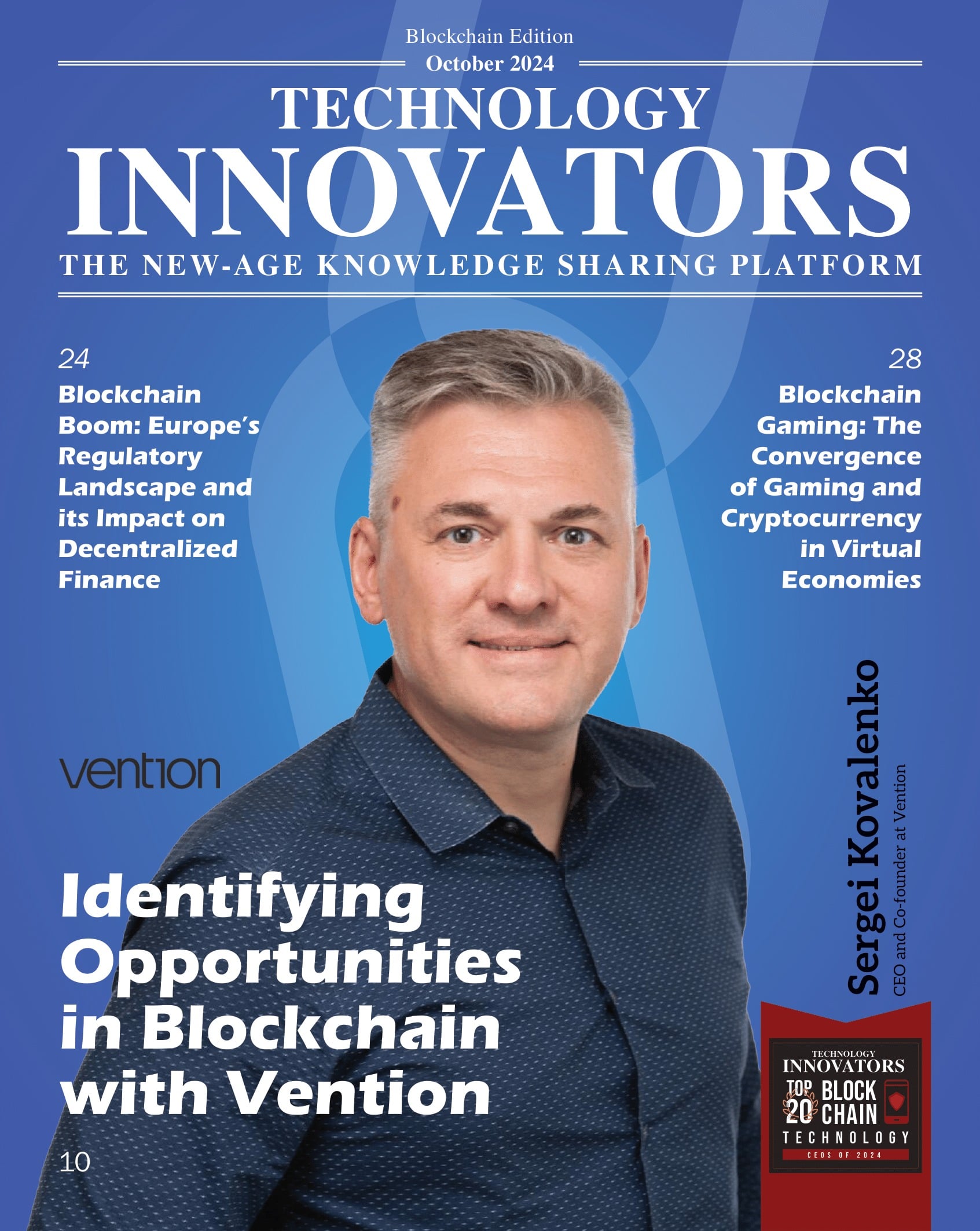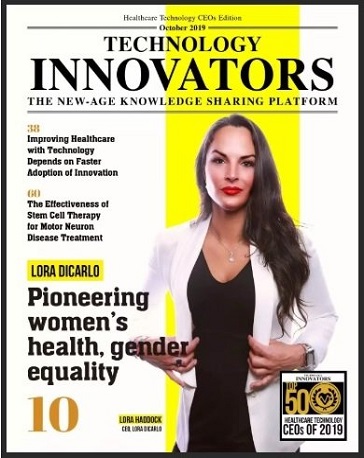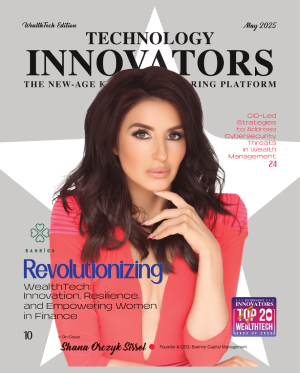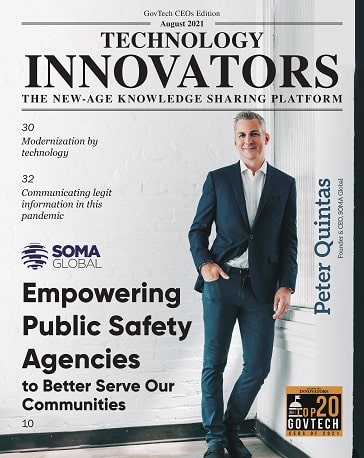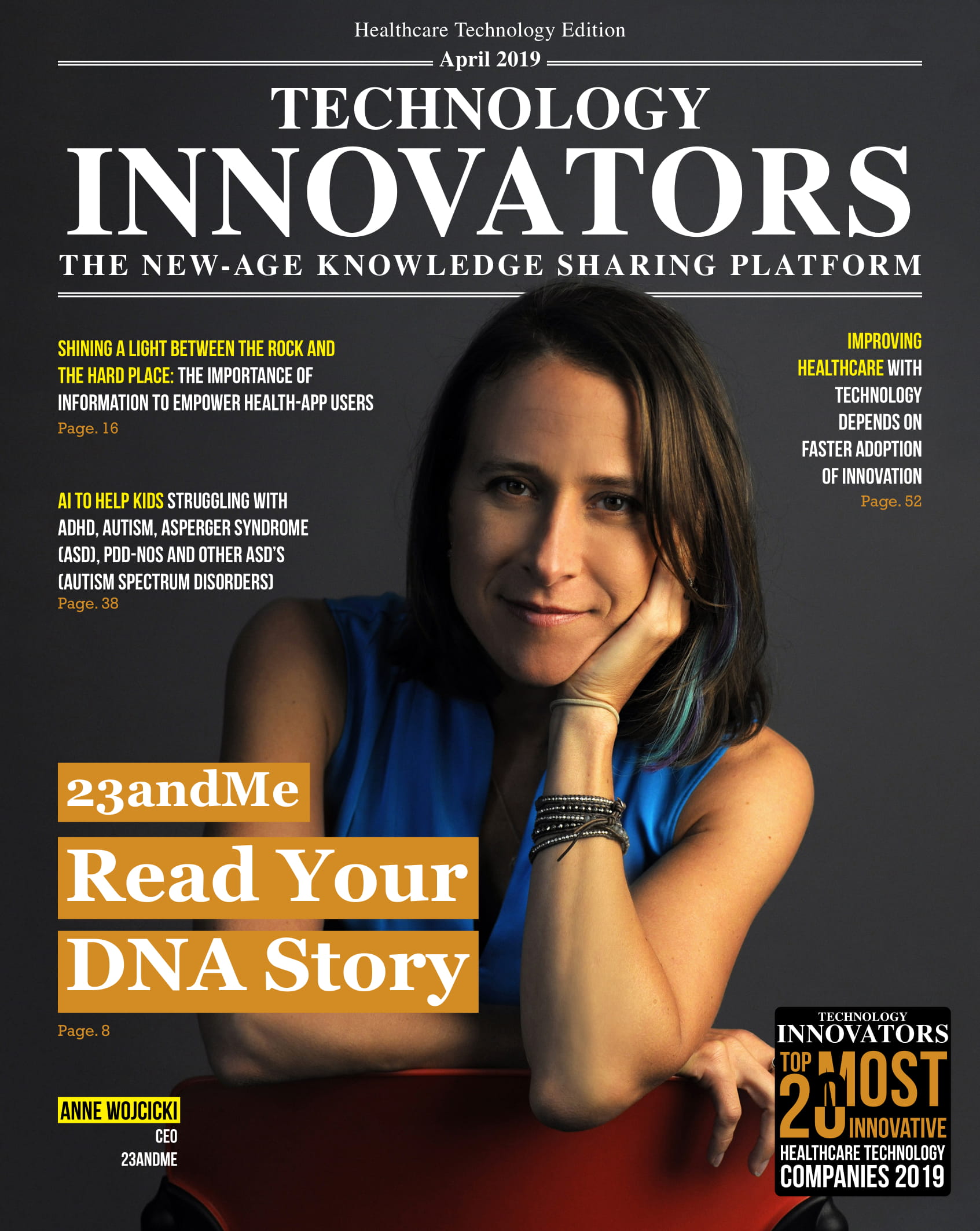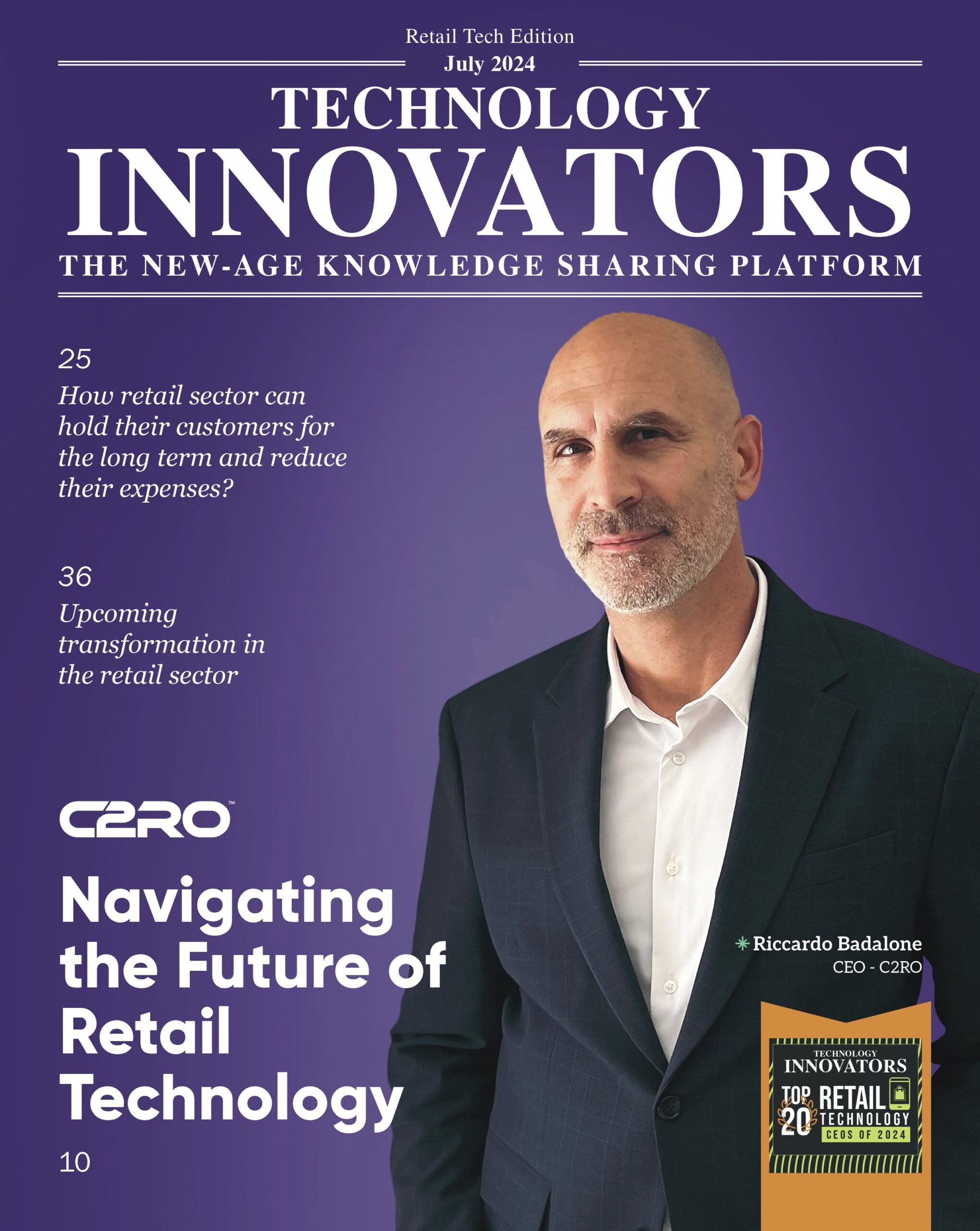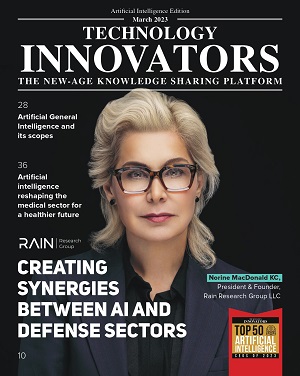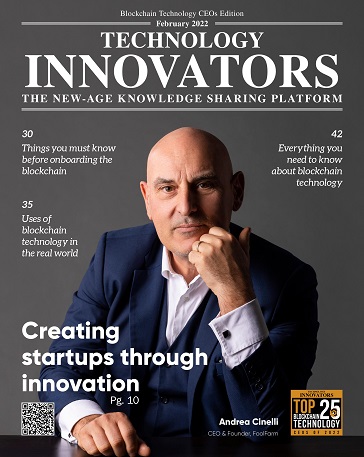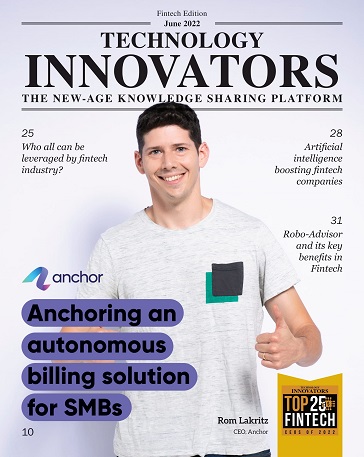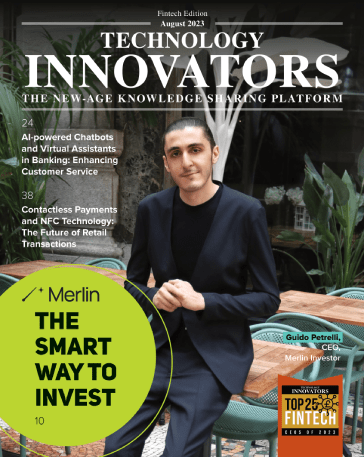Must-Subscribe Tech Magazines for Innovators
Global Technology Insights Platform
Stay ahead in the tech world with our Global Technology Insights Platform. Access expert insights, news, and trends from leading technology innovators.
Influential Tech Publications for Industry Insights
Global Technology Insights Platform: Unveiling the Innovators Shaping the Future
The global technology landscape is evolving rapidly, with innovations continuously reshaping industries, economies, and societies. From Artificial Intelligence (AI) and blockchain to 5G networks and quantum computing, technological advancements are transforming every facet of life, unlocking new possibilities for businesses and individuals. A Global Technology Insights Platform (GTIP) provides a comprehensive view of these cutting-edge trends and the innovators at the helm of this revolution.
This article will explore the key elements of a global technology insights platform and delve into the leading innovators driving global technology trends. By examining various sectors, businesses, and countries shaping the technological future, we will uncover the forces propelling us toward a more connected, automated, and intelligent world.
1. Artificial Intelligence (AI) and Machine Learning
AI and machine learning (ML) are undoubtedly among the most transformative forces in the world today. These technologies enable machines to simulate human intelligence, learning from data to perform tasks such as decision-making, problem-solving, and pattern recognition. From healthcare to finance and manufacturing, AI and ML are being applied across multiple industries, enhancing efficiency, productivity, and decision-making.
Key Innovators:
- Google DeepMind: DeepMind, a subsidiary of Alphabet (Google’s parent company), has made groundbreaking advancements in AI, particularly in healthcare. Their AI systems have been used to predict medical conditions from eye scans, advance drug discovery, and even play complex games like Go and StarCraft II at superhuman levels.
- OpenAI: OpenAI, the organization behind GPT (Generative Pretrained Transformer) models such as GPT-3 and ChatGPT, is leading the charge in creating language models that can perform tasks previously thought exclusive to humans, like natural language understanding, content generation, and problem-solving.
- IBM Watson: IBM’s AI platform, Watson, is widely used in industries such as healthcare, banking, and customer service. Watson leverages AI and natural language processing to analyze vast amounts of data and assist with decision-making, predictive analytics, and personalized services.
Key Applications:
- Healthcare: AI is transforming medical diagnostics and drug development. For example, AI-driven tools like Google’s DeepMind Health are improving the accuracy of diagnosing eye diseases, while IBM Watson Health accelerates drug discovery by analyzing large datasets.
- Finance: In the financial sector, AI and ML help in fraud detection, algorithmic trading, and risk management. Ant Group and Square utilize AI for personalized financial services and payment optimization.
- Autonomous Vehicles: AI is the backbone of self-driving car technology, with innovators like Tesla and Waymo pioneering autonomous vehicle solutions that are expected to revolutionize transportation.
- Customer Experience: AI is also widely deployed in chatbots, virtual assistants, and automated customer support solutions, improving customer engagement and operational efficiency.
2. Blockchain and Decentralized Technologies
Blockchain technology has gained significant traction in the past decade, driven primarily by the rise of cryptocurrencies like Bitcoin. However, its potential extends far beyond financial applications, including supply chain management, secure data sharing, and smart contracts. Blockchain is redefining trust, transparency, and security in the digital age.
Key Innovators:
- Ethereum: Ethereum has played a pivotal role in expanding blockchain’s capabilities beyond cryptocurrency. Through its decentralized platform and smart contracts, Ethereum enables the development of decentralized applications (dApps) and decentralized finance (DeFi) solutions, bringing blockchain to sectors like finance, healthcare, and entertainment.
- Ripple: Ripple is transforming the cross-border payments space with its blockchain-based payment network. By enabling real-time global payments with lower costs, Ripple is helping financial institutions, including banks, remittance services, and payment providers, streamline international money transfers.
- IBM Blockchain: IBM has been a major proponent of blockchain technology in supply chain management, developing platforms like IBM Food Trust, which allows companies to trace the origins of products, ensuring transparency and sustainability. IBM is also working on blockchain solutions for industries like healthcare and finance.
Key Applications:
- Cryptocurrencies and Payments: Cryptocurrencies such as Bitcoin, Ethereum, and newer alternatives like Solana are redefining global finance, enabling faster, decentralized transactions without intermediaries.
- Supply Chain Management: Blockchain provides an immutable ledger to track products as they move through the supply chain, ensuring authenticity and reducing fraud. Companies like Walmart, De Beers, and Maersk are leveraging blockchain for supply chain transparency.
- Smart Contracts and Legal Automation: Smart contracts built on blockchain platforms are automating business agreements, reducing the need for intermediaries like lawyers and notaries. This is seen in sectors like real estate, legal services, and insurance.
3. Quantum Computing: Unlocking New Frontiers
Quantum computing represents the next frontier in computational power. Unlike classical computers that process information in binary (1s and 0s), quantum computers use qubits, which can represent multiple states simultaneously. This allows quantum computers to solve complex problems far faster than traditional machines, particularly in fields like cryptography, material science, and optimization.
Key Innovators:
- IBM Quantum: IBM has been a leader in quantum computing research and development. Through its IBM Q network, the company is making quantum computing accessible to businesses and researchers. IBM’s quantum computers are used to explore new materials, accelerate drug discovery, and develop new algorithms for optimization.
- Google Quantum AI: Google’s Sycamore quantum processor achieved a landmark milestone in 2019 by demonstrating “quantum supremacy”—performing a calculation that would be infeasible for a classical computer. Google continues to push the boundaries of quantum computing with its Quantum AI division.
- Microsoft: Microsoft’s Azure Quantum is a platform that brings together quantum computing, classical computing, and AI, enabling businesses to access quantum resources and integrate them with existing cloud applications.
Key Applications:
- Cryptography: Quantum computers have the potential to break traditional encryption methods, making quantum-safe encryption a critical area of research. Quantum computing could lead to the development of new, more secure encryption algorithms.
- Drug Discovery: Quantum computers can model complex molecules at unprecedented speeds, which could dramatically accelerate the development of new drugs and materials.
- Optimization: Quantum computing promises to revolutionize optimization problems, such as supply chain logistics, financial portfolio management, and traffic management.
4. 5G Connectivity: The Power of Speed and Low Latency
The rollout of 5G networks is one of the most significant technological advancements of the decade. With faster speeds, lower latency, and increased network capacity, 5G is set to revolutionize industries by enabling new use cases in IoT, autonomous vehicles, augmented reality (AR), and beyond.
Key Innovators:
- Qualcomm: Qualcomm is a global leader in 5G technology, providing chipsets that power 5G smartphones, IoT devices, and other connected solutions. The company is playing a crucial role in driving the adoption of 5G across the world.
- Verizon: Verizon is a key player in the U.S. 5G market, rolling out nationwide 5G networks that promise faster mobile broadband, improved public safety, and better connectivity for businesses.
- Huawei: Despite facing political challenges, Huawei remains a leader in 5G infrastructure, supplying equipment and solutions to telecom providers worldwide, particularly in Asia and Europe.
Key Applications:
- Autonomous Vehicles: 5G’s low-latency and high-speed capabilities are crucial for the development of autonomous vehicles, enabling real-time communication between cars, traffic signals, and infrastructure for safer driving.
- Healthcare: 5G will enable real-time remote surgeries, telemedicine, and advanced diagnostics, reducing the time and cost of healthcare delivery while expanding access to medical expertise.
- Smart Cities: With 5G, smart cities will have the infrastructure to manage traffic, monitor air quality, optimize energy consumption, and enhance public safety, leading to improved urban living conditions.
5. The Internet of Things (IoT): Creating Smarter Worlds
The Internet of Things (IoT) refers to the network of physical devices embedded with sensors and software that collect and exchange data over the internet. IoT is revolutionizing everything from homes and factories to cities and farms, enabling real-time monitoring and optimization of operations.
Key Innovators:
- Amazon: Through its Alexa ecosystem, Amazon has made IoT a household name, enabling users to control smart home devices such as lights, thermostats, and security cameras with voice commands.
- Cisco: Cisco’s IoT solutions connect devices and networks across industries, facilitating smart manufacturing, supply chain optimization, and predictive maintenance. The company plays a key role in enabling secure and scalable IoT deployments.
- Siemens: Siemens is a leader in industrial IoT (IIoT), providing solutions for smart factories, connected infrastructure, and energy management. The company’s MindSphere platform connects devices, machines, and systems, enabling manufacturers to optimize production processes.
Key Applications:
- Smart Homes: IoT is transforming the way people interact with their homes. Smart thermostats, security systems, and appliances are improving convenience, energy efficiency, and security.
- Industrial IoT (IIoT): IoT is enabling manufacturers to monitor equipment in real time, predict maintenance needs, and optimize production lines. Companies like GE and Siemens are driving innovations in industrial IoT.
- Smart Agriculture: IoT is helping farmers optimize irrigation, monitor soil health, and manage livestock, leading to more efficient and sustainable farming practices.
Conclusion: A Future Shaped by Innovators
The Global Technology Insights Platform reveals a world in which the boundaries of what is possible are constantly being pushed. Innovators like Google, IBM, Microsoft, Qualcomm, and Amazon are spearheading advancements in AI, blockchain, 5G, quantum computing, and IoT. These technologies are not just changing individual sectors but are catalyzing new ecosystems that connect the digital and physical worlds, transforming every aspect of human life. As we look toward the future, the pace of innovation will continue to accelerate, with technology playing a central role in shaping the world of tomorrow.
Explore cutting-edge technology insights on our platform. Get the latest news and expert analysis from innovators shaping the global tech landscape.
Join the Global Movement! Subscribe to Technology Innovators Magazine today and be part of the conversation that’s shaping the future of technology across the globe.
Contact us
Want to get in touch? We make it our priority to respond to every request within 24h.





